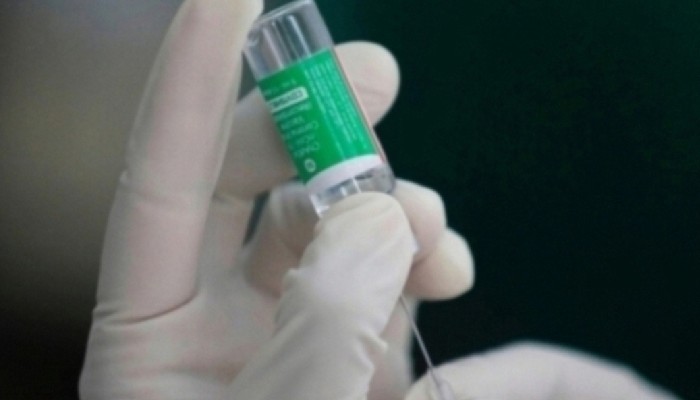India has supplied over 64 million doses to 84 countries, including 10 million doses as grant
India has urged all G20 members to ensure equitable access and widespread distribution of Covid-19 vaccines.
Participating virtually in the Second G20 Finance Ministers and Central Bank Governors (FMCBG) on Wednesday, Union Finance Minister Nirmala Sitharaman said
India had emerged as a key global producer of vaccines and medical products, especially during the pandemic.
Pointing out that India was running an ambitious programme of rapid domestic vaccination, she noted that over 87 million citizens had been covered in the drive so far.
At the same time, India had supplied over 64 million doses to 84 countries, including 10 million doses as grant, Sitharaman addded, according to an official statement.
The Indian Finance Minister also urged the G20 High Level Independent Panel on Financing the Global Commons for Pandemic Preparedness and Response to to draw upon such country experiences.
Reflecting on the global growth projections, Sitharaman underlined the need for continued coordination amidst the persistence of uncertainties associated with the virus.
She said that the G20 Action Plan had served as a good guidance tool and shaping recovery was the mainstay of its current update.
Sitharaman also spoke about climate change and emphasised on the need for progress on commitments made under the Paris Agreement on climate finance and technology transfer.
The G20 Finance Ministers and Central Bank Governors meeting was held under the Italian Presidency here today to discuss policy responses to global challenges to restore strong, sustainable, balanced and inclusive growth.
The meeting provided an opportunity to discuss updates of the G20 Action Plan in response to COVID-19.
According to the Union Finance Ministry, the participants also discussed supporting the financing needs of the most vulnerable economies, the progress on the international taxation agenda, promoting greener transitions and the pandemic related financial regulation issues.
 Contact Us
Contact Us  Subscribe Us
Subscribe Us









 Contact Us
Contact Us
 Subscribe
Subscribe
 News Letter
News Letter

